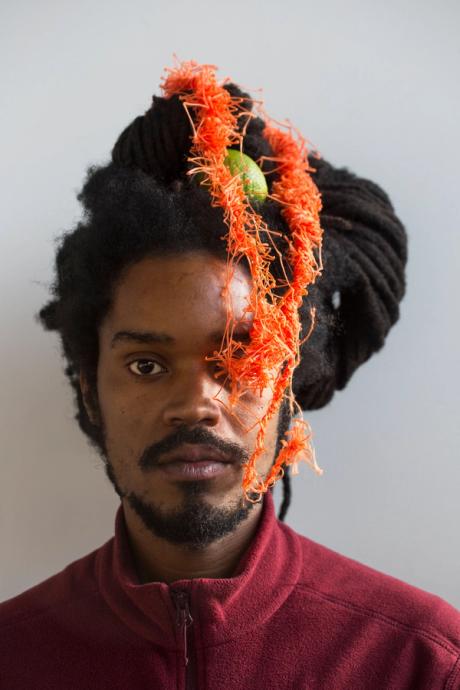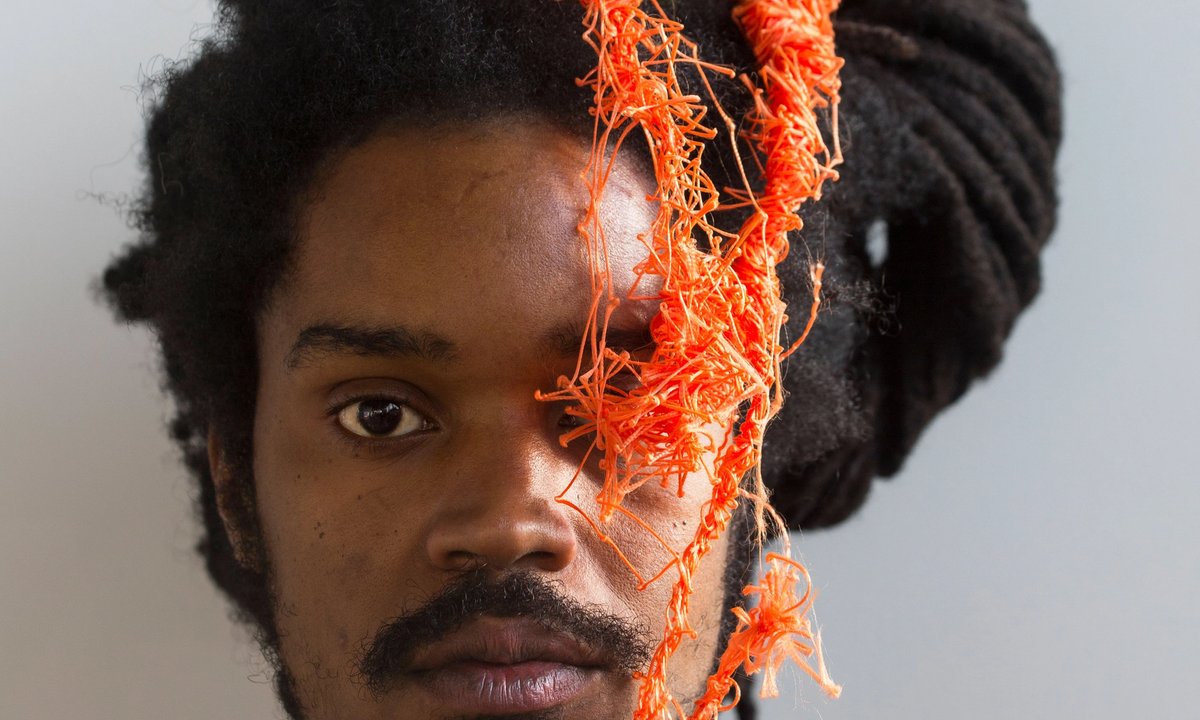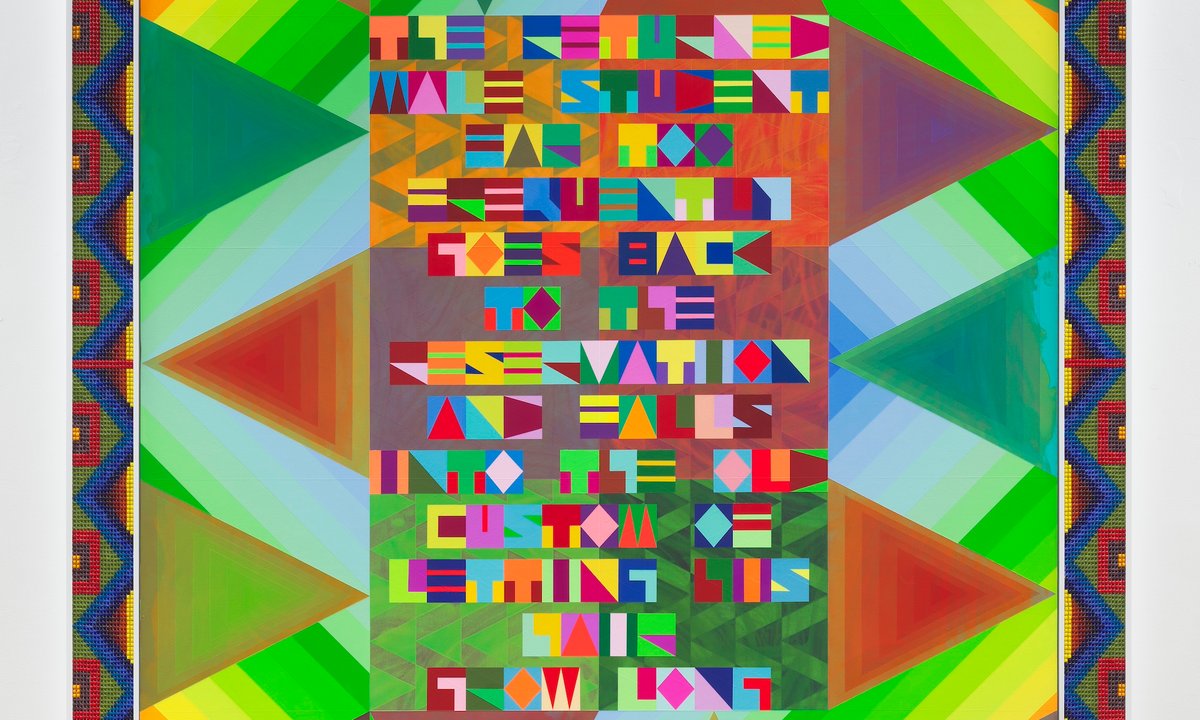
The starting pistol has already been fired for the 2024 Venice Biennale with France, Estonia and Lithuania announcing their pavilion artists for the 60th International Art Exhibition. Julien Creuzet, a Paris-based artist from the French-Caribbean island of Martinique, will represent France, while the Tallinn-based sculptor Edith Karlson will represent Estonia.
Creuzet explores ideas around colonialism, myths and memory in dreamlike installations that combine sculpture and painting with sound and poetry. The artist was selected by the Institut Français, the government-backed cultural body which says that Creuzet spent most of his childhood in Martinique “at the crossroads of African, Indian and European cultures”.
The Institut Français’s selection committee, which includes the French curator Cédric Fauq and the art historian Chiara Parisi, adds in a statement that “in Creuzet’s work, poetry is infused with strength, [prompting] a plurality of practices: sculpture, text, video, music, performance, even new technologies… the questions raised by his works will resonate with [issues] today.”
Earlier this month Creuzet won the $20,000 Etant donnés Prize at Art Basel in Miami Beach for an installation on show at the High Art stand, which was priced at €30,000. “Julien always makes connections across Caribbean cultures,” said High Art co-director Philippe Joppin after Creuzet’s win. Creuzet is also represented by Document gallery in Chicago and Andrew Kreps Gallery in New York. Last year he was nominated for the Prix Marcel Duchamp, France’s most prestigious contemporary art prize, which was awarded to Lili Reynaud-Dewar.
Karlson meanwhile , who depicts people and animals in her works, studied installation and sculpture at the Estonian Academy of Arts. “Dogs, bears, lions, birds and other animals appear allegorically or symbolically. The figures [highlight] fears, which arise from working as an artist, but also from functioning in society,” says a press statement which adds that the Estonian pavilion will become an “immersive environment”.
Karlson was selected by an international jury comprising Annie Fletcher, the director of the Irish Museum of Modern Art(IMMA), Dublin, and Geir Haraldseth, the curator of contemporary art at the Norway’s National Museum in Oslo. “Karlson’s work has developed tremendously over the years,” says Haraldseth. “The evocative installations take the audience on an epic journey, through history, moods and myths.”
“The world is a fuckup and we, humans, did it. There is no escaping from that situation. No illusions, only dramas,” Karlson says in a statement. “I think my job as an artist is to create spaces where the viewer’s fantasies are evoked because the most powerful dramas are in our heads.”
Lithuania has also announced its representation, according to ArtReview. Artist duo Pakui Hardware, namely Neringa Cerniauskaite and Ugnius Gelguda, will represent the Baltic state; the pair will create a kinetic, immersive installation featuring works by the Modernist Lithuanian painter Marija Teresė Rožanskaitė.







